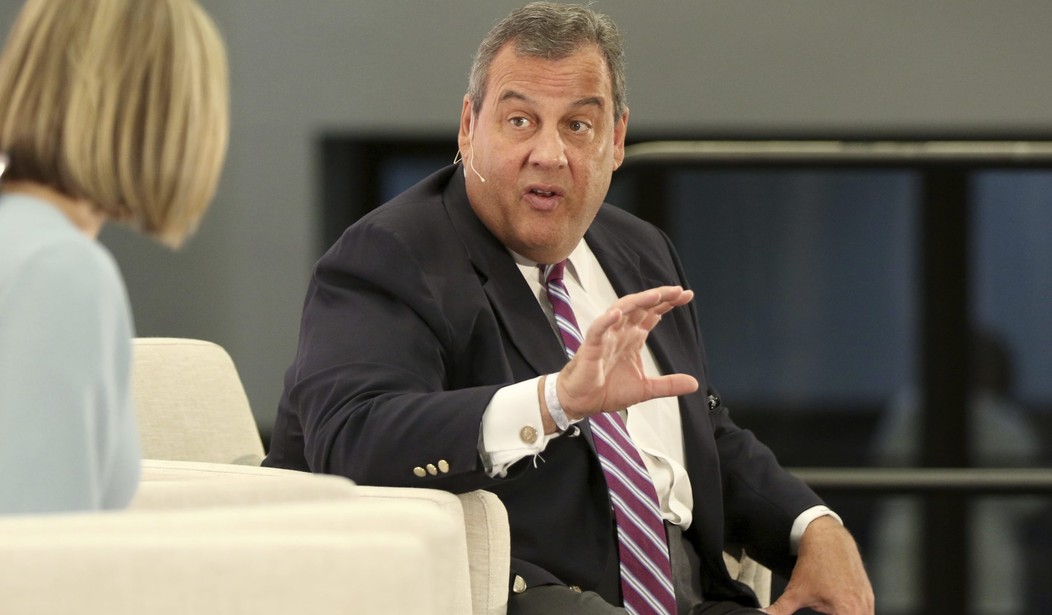It was the hardest of political hardball being played by New Jersey Governor Chris Christie’s 2013 re-election campaign. A Democratic mayor refused to endorse Christie for re-election and Christie’s lieutenants sought retribution — and perhaps an opportunity to set an example.
Bridget Anne Kelly and Bill Baroni devised a scheme to inflict a massive traffic jam on the hapless town of Fort Lee after the mayor, Mark Sokolich, declined to back Christie for governor. Closing two of three lanes on one of the busiest routes into New York City from New Jersey for three days didn’t change Sokolich’s mind, but it angered thousands of voters.
Democrats decided to criminalize the political act and got Kelly and Baroni indicted. On Thursday, the Supreme Court threw out those convictions.
“The question presented is whether the defendants committed property fraud,” Kagan wrote. “Under settled precedent, the officials could violate those laws only if an object of their dishonesty was to obtain the Port Authority’s money or property.
Kagan said the justices considered the realignment of the traffic lanes an “exercise of regulatory power” and that the lost employee wages were just the “incidental cost” of the regulation.
But Kagan and her fellow justices were upset at the corruption the entire episode demonstrated.
Justice Elena Kagan, writing the majority opinion, noted that the evidence in the case “no doubt shows wrongdoing — deception, corruption, abuse of power,” but concluded the realignment of traffic lanes in the scheme did not deprive the public of money or property in violation of federal fraud statutes as prosecutors alleged.
And the closing the lanes for no good reason put lives at risk.
Although it tossed the convictions, the Court did not mince words about conduct in the scheme: an unambiguous “abuse of power,” the opinion says. Kagan summarizes in compelling detail how the “cast of characters” around Christie inflicted real harm on human life: “An ambulance struggled to reach the victim of a heart attack; police had trouble responding to a report of a missing child,” she wrote.
Kagan wrote, “criminalizing all acts of dishonesty by state and local officials” is not what Congress intended.” Nor did Congress intend for one party or another to use the courts for political advantage. Christie was eventually re-elected by a large margin, but he was definitely tarnished by the scandal. It haunted him when he tried to run for president in 2016, and while he never had a chance due to his “moderate” persona compared to the rest of the Republican field, his reputation as a “clean” politician had taken a hit.










Join the conversation as a VIP Member